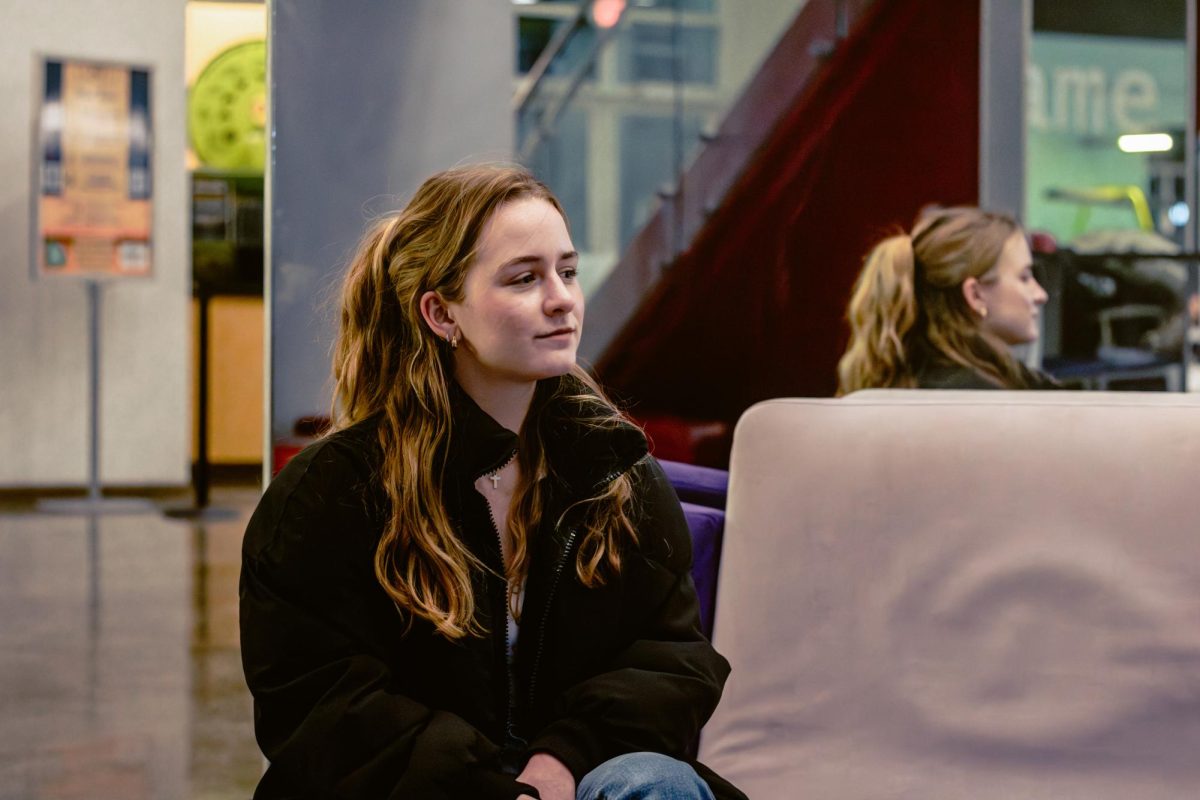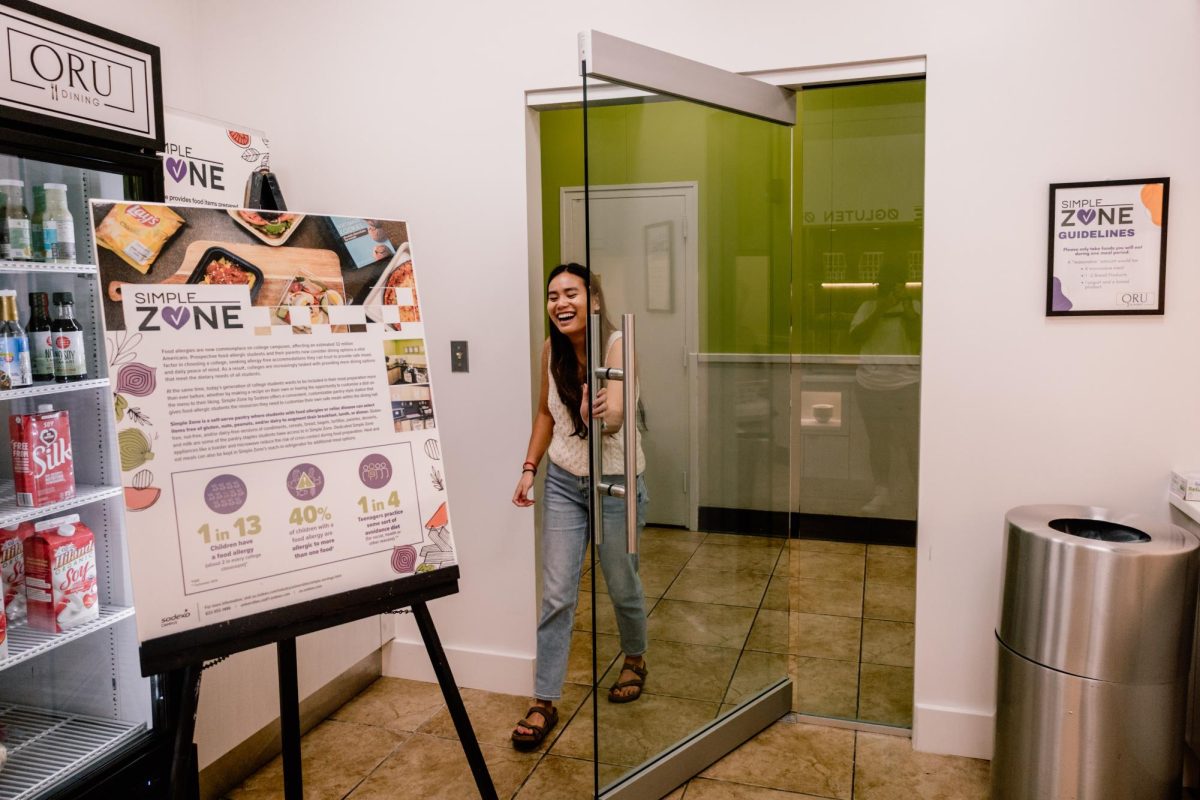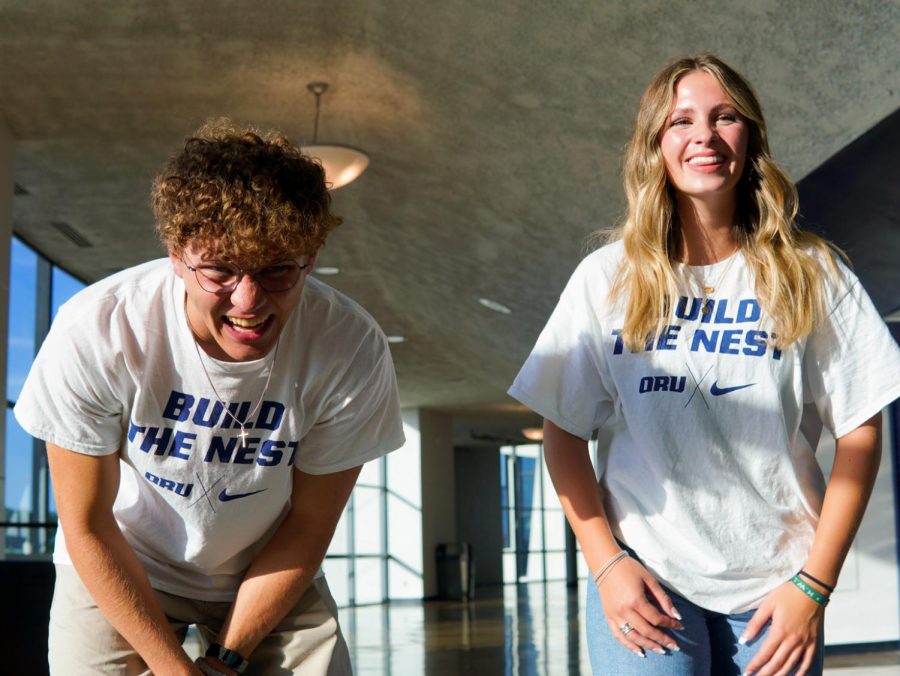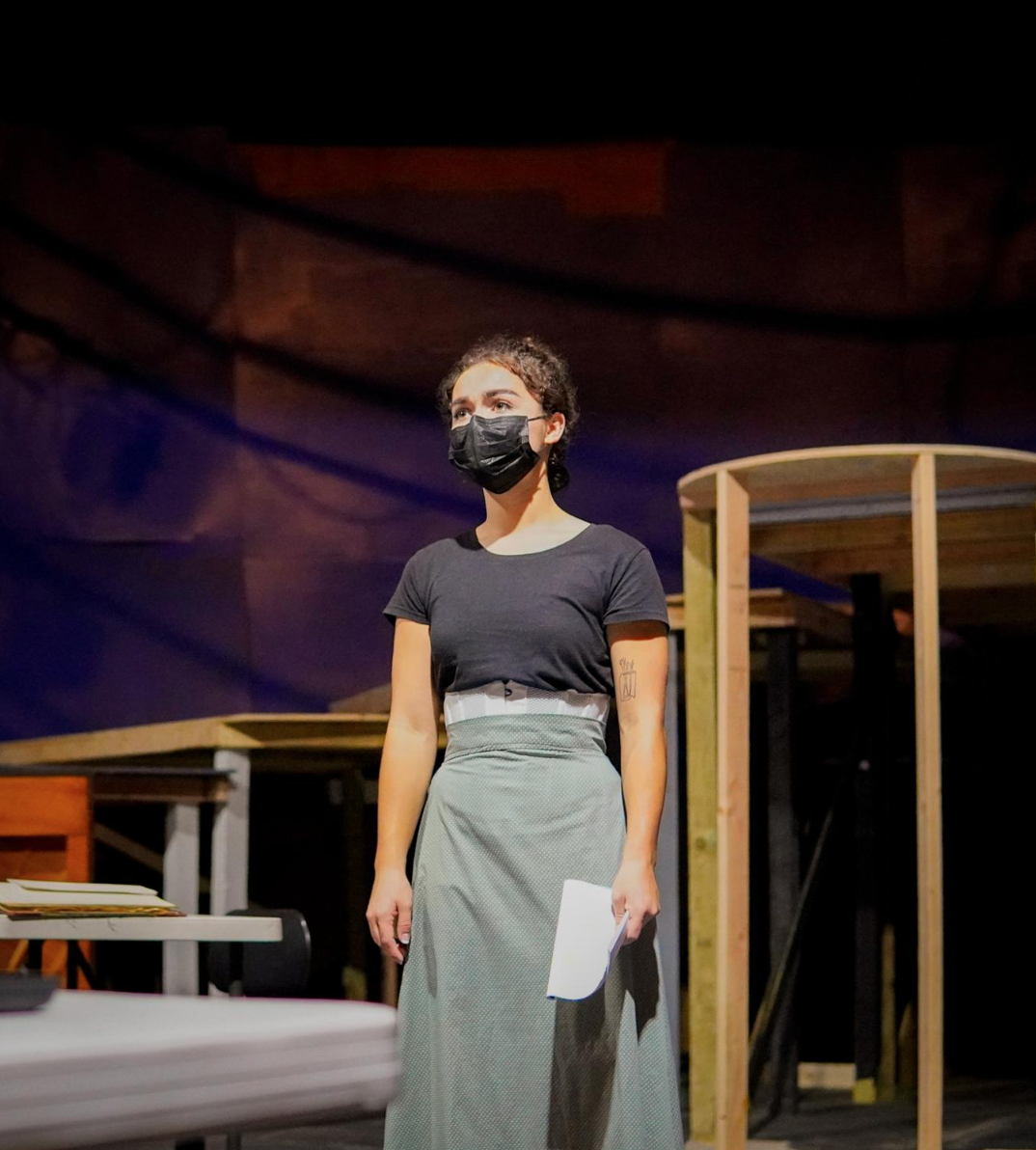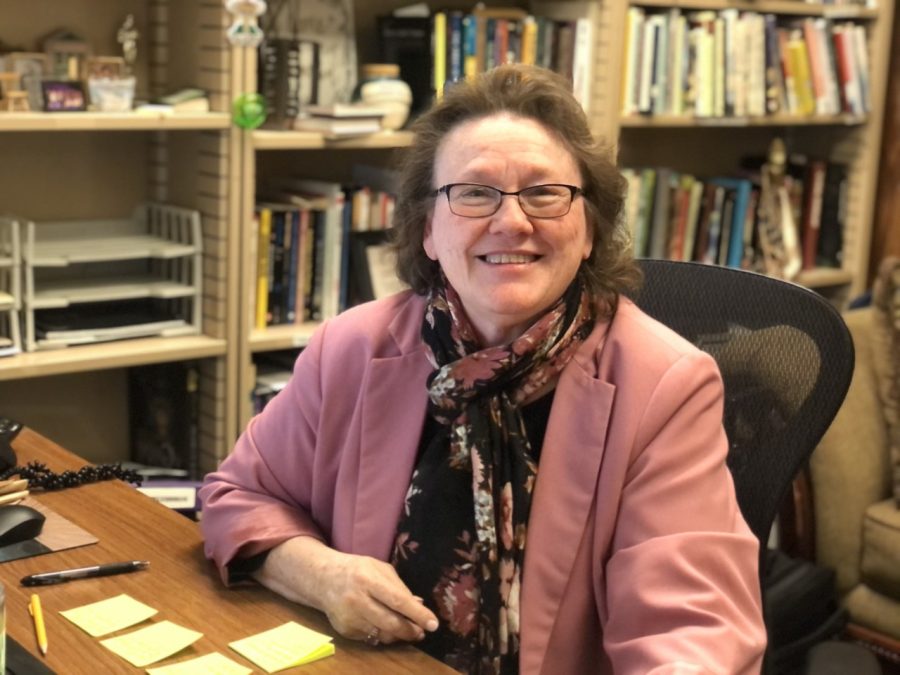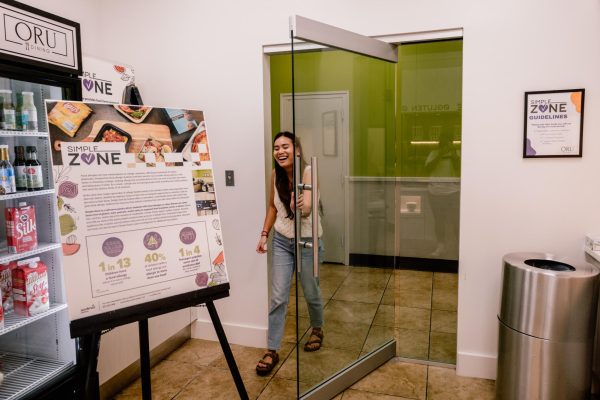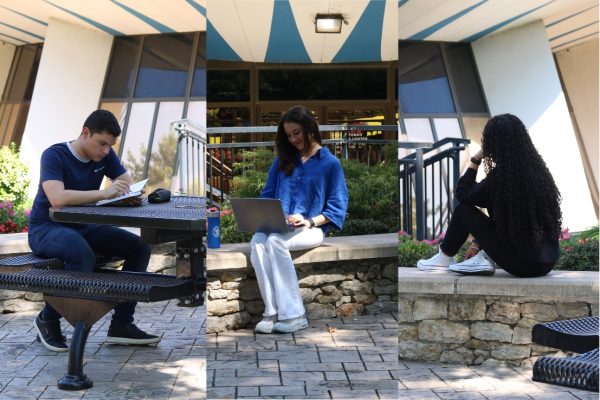Covid-19 vaccines: to get or not to get?
An ORU take on COVID-19 Vaccines
While some colleges across the world required a COVID-19 vaccine before returning to campuses this fall, Oral Roberts University made no such demand, leaving students to debate whether or not to be vaccinated.
Nursing major Maddie Perkins received a vaccine because of all the work she does in a hospital.
“I don’t think any good comes from forcing it,” Perkins said. “I think it should be a personal choice. However, health-care professionals are being exposed to COVID on a regular basis, so them having protection for themselves as well as protecting their patients is extremely beneficial. I think everyone should at least consider it.”
Some students, however, still have reservations regarding the issue.
“It’s 50 percent ‘I don’t like shots,’ and the other 50 percent is that there’s just so much controversy on it,” said Taylor James, a sophomore transfer student. “The controversy is completely blocking my way to see it.”
James went on to say that when masks are required he will obey the rules. But masks should be worn from a place of love, not fear, he said.
Students should talk to a trusted health-care provider when deciding whether to take a vaccine, said Dean Prentice, dean of the College of Health Sciences as well as a member of ORU’s Health and Safety Task Force.
“We hope that our students, faculty and staff would do that rather than listening to rumors and hearsay,” Prentice said.
ORU has no plans to require students to get a COVID-19 vaccination. Instead, the university hopes students and faculty will judge the situation and do what is best for themselves, he said.
“If you’re asking me what I’ve seen and what I know, I think it’s effective,” Prentice said. “But I think it’s an option, and I think it’s one you personally have to choose.”
He hopes the “shaming” for or against the vaccine will come to an end.
“I can really love the vaccine and you can really hate it, but that shouldn’t put us at odds over the vaccine,” he said.
The U.S. Centers for Disease Control, as well as many universities across the country, are strongly recommending people get vaccinated to reduce the spread of COVID-19. The vaccines also prevent serious side effects from the virus, according to the CDC, and health officials highly recommended that elderly people receive a vaccine.
For more information about the vaccines, go to
www.cdc.gov/vaccines/covid-19/effectiveness-research/protocols.html

